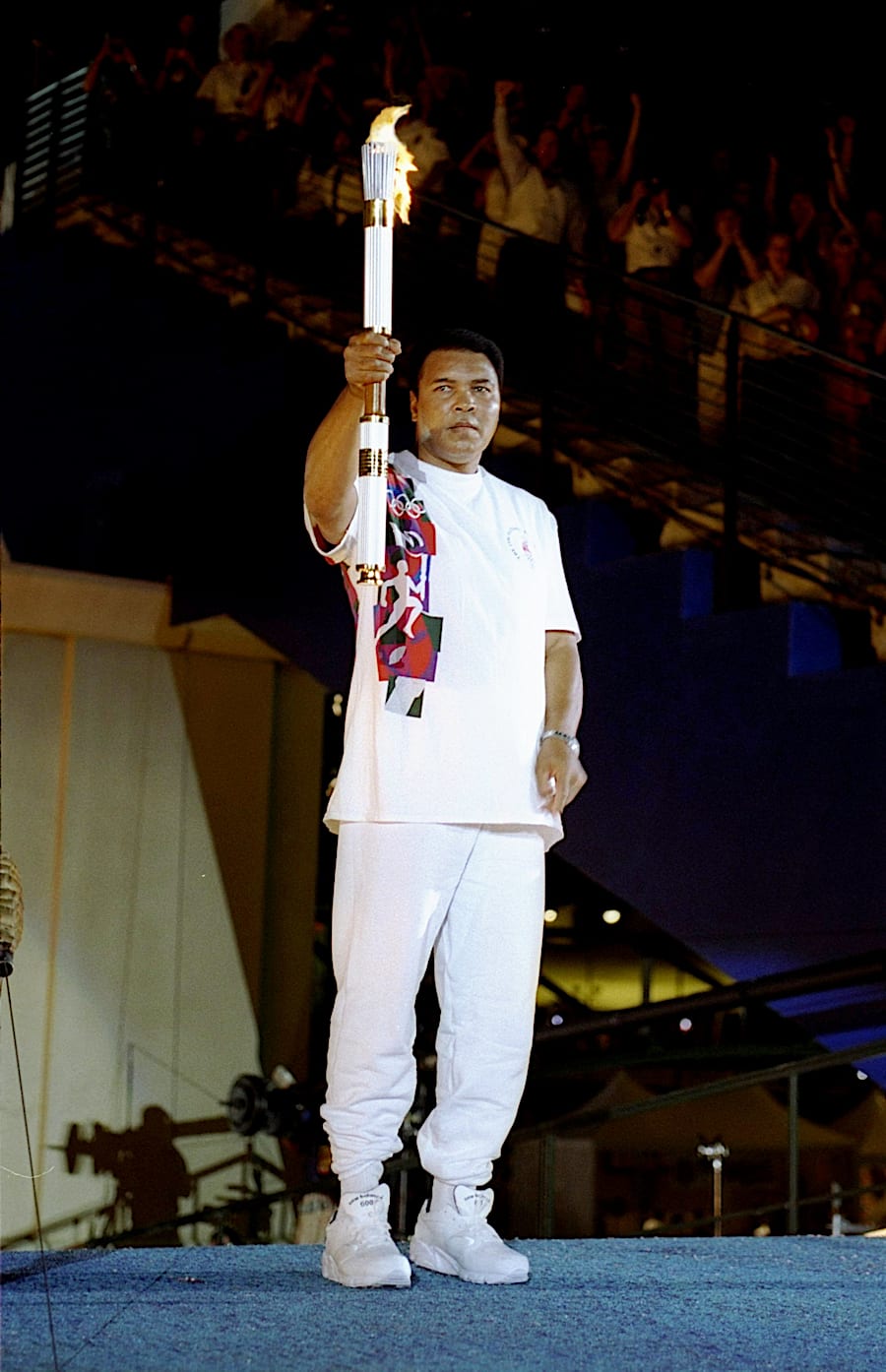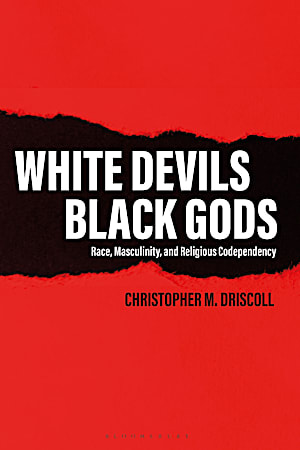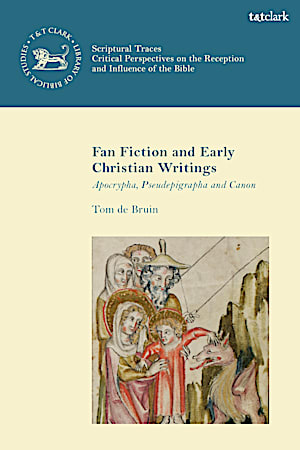



johndoe@gmail.com
Are you sure you want to reset the form?
Your mail has been sent successfully
Are you sure you want to remove the alert?
Your session is about to expire! You will be logged out in
Do you wish to stay logged in?
The AAR/SBL Annual Conference in Boston (November 22–25) brings together scholars and thought leaders to explore the intersections of religion, culture, and society. This featured content highlights some content authored by speakers presenting at the AAR/SBL conference, making them an excellent preview of the conversations shaping this year’s event. Whether you’re interested in the psychology of race and gender or the transformative power of storytelling in religious traditions, these pieces offer fresh insights and critical perspectives you won’t want to miss.

Related article:
The Good Muslim by Kayla Renee Wheeler
In Islam in North America, part of Bloomsbury Religion in North AmericaThe concept of the “good Muslim” in the United States is deeply intertwined with histories of anti-Black racism, xenophobia, Islamophobia, and classism. Kayla Renee Wheeler traces the trope from its origins in the Antebellum South, where enslaved African Muslims were perceived as more “civilized” to, its modern manifestations in media, politics, and everyday life. Wheeler explores how Muslims navigate the precarious binary of “good” versus “bad,” often through self-policing and assimilation, and how gendered expectations shape these performances. From Muhammad Ali’s vilification and later redemption to post-9/11 surveillance programs, the piece reveals how structural forces and cultural narratives continue to define Muslim identity in America.
AAR/SBL session: A22-435, Special Session, Centering Islam: Challenges for Islamic/Muslim Studies Programs on Campus, Saturday, 5:00 PM–6:30 PM Sheraton, Liberty C (Second Floor), Kecia Ali, Boston University, presiding
Click here to read the full article and uncover the complex history behind the good Muslim trope.

Related article:
Religious Naturalisms by Carol Wayne White
In Western Sciences Technology and Religion in a Global Context and in Religion and Nature in North America part of Bloomsbury Religion in North America
Religious naturalism offers a compelling worldview that grounds meaning and value in nature without invoking the supernatural. Carol Wayne White introduces readers to its philosophical roots in Spinoza and its modern development through thinkers like Ursula Goodenough, Loyal Rue, and Donald Crosby. White examines how religious naturalism integrates scientific understanding with spiritual awe, fostering ecological ethics and a sense of interconnectedness. From the “epic of evolution” to calls for planetary responsibility, the piece highlights how this approach redefines religion for a scientific age while addressing urgent issues like climate change and social justice.
AAR/SBL session: A22-139, Panellist, Theology and Religious Reflection Unit: Spiritual Esoterisms, Saturday, 9:00 AM–11:00 AM, Sheraton, Gardner (Third Floor), C. Libby, Pennsylvania State University, presiding
Click here to read the full article and explore how religious naturalism reshapes faith for the modern world.

Related chapter:
Emotional Intelligence by Christopher M. Driscoll
In White Devils, Black Gods: Race, Masculinity, and Religious Codependency
What does emotional regulation have to do with racism, sexism, and white fragility? Christopher M. Driscoll dives deep into the psychosocial roots of emotional dysfunction, arguing that feelings themselves are not problems but vital indicators for self-awareness and growth. Driscoll critiques Robin DiAngelo’s White Fragility while offering practical strategies for cultivating emotional intelligence, such as mindfulness, meditation, and expanding emotional vocabulary. By reframing emotions as tools for transformation, the piece shows how greater emotional awareness can dismantle harmful patterns and foster healthier relationships across racial and gender divides.
AAR/SBL session: A24-313, Moral Injury and Recovery in Religion, Society, and Culture Unit, Moral Injury and Complex Moral Expectations, Monday, 3:00 PM–4:30 PM, Hynes Convention Center, 110 (Plaza Level), Nigel Hatton, University of California, Merced, presiding, Christopher Driscoll, Lehigh University, Discerning Dave Chappelle: American Masculinity, Moral Injury, and the Healing Power of Comedy
Click here to read the full chapter and learn how emotional intelligence can transform personal and social dynamics.

Book chapter:
‘I am a Jesus Fanfic Writer’: Ancient Fans, Early Christian Derivative Works, and Anne Rice by Tom de Bruin
In Fan Fiction and Early Christian Writings: Apocrypha, Pseudepigrapha and Canon
Could early Christian writings be understood through the lens of fan fiction? Tom de Bruin explores striking parallels between ancient derivative texts and modern fan practices, using Anne Rice’s Christ the Lord as a starting point. Bruin examines why authors create new narratives, how communities authorize or police these works, and the power of imagination in shaping religious identity. By comparing parabiblical texts to contemporary fandom, this chapter offers fresh insights into canon formation, creativity, and cultural authority.
AAR/SBL session: S22-336, Ancient Fiction and Early Christian and Jewish Narrative Section, 4:00 PM–6:30 PM, Sheraton - Public Garden (Fifth Floor), Review of Tom de Bruin’s Monograph: Fan Fiction and Early Christian Writings
Click here to read the full introductory chapter to Bruin’s book and discover how fan fiction theory illuminates early Christian literature.